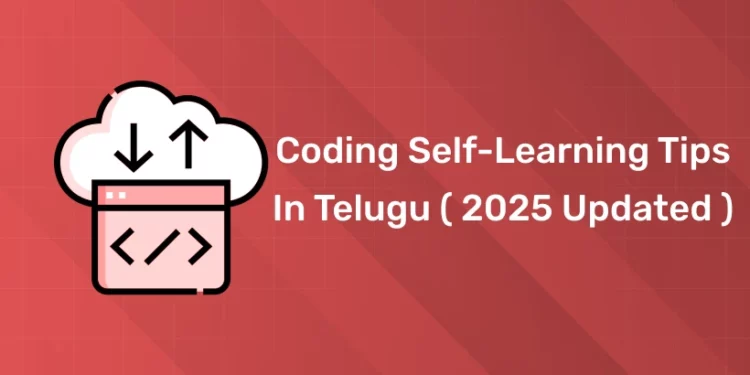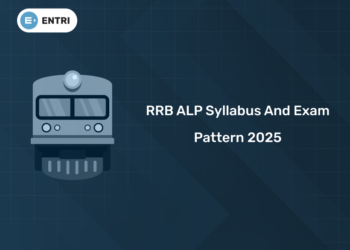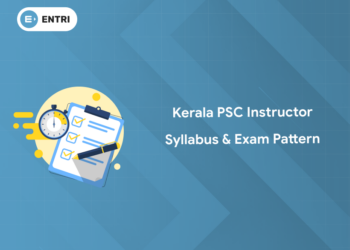Table of Contents
Coding is one of the key skills that is expected from a software developer. This is a skill that can be learned at the school level if worked on. Several multinational companies working on full-stack development are looking for professionals highly skilled in coding. There are certain tips and tricks that one can use to learn coding faster. In this blog we will be providing you with 5 such productive hacks to become a coding expert. These are the hacks that certain companies and software professionals use in their daily tasks.This article named “Coding Self-Learning Tips in Telugu” will help you in becoming an expert in the field of coding in a very short span of time. We will also share a detailed video with self-learning coding tips in Telugu for your convenience.
Learn to code from industry experts! Get a free Demo here!
What is Coding?
Coding also known as programming is skill through which a coder (programmer) generates codes. These codes are used to communicate with the computer for it to perform certain tasks.Coding is done in different languages that a computer can understand like C,C++,Java, Python etc. Coding is done to develop software applications, websites, apps etc.
What are Ideal Coding Self-learning Process?
1: Which of the following data structures allows elements to be added and removed in a Last-In, First-Out (LIFO) order?
Given below are some ideal self-learning process for new coders:
Set Clear Goals:
- Decide what you want to achieve with coding.
- Break big goals into smaller steps.
- Check your progress regularly.
Start with Basics:
- Learn the basic ideas of coding first.
- Understand simple coding rules.
- Practice easy exercises to get comfortable.
Hands-On Practice:
- Code often to get better.
- Work on coding projects or puzzles.
- Try new things and see what works.
Use Online Resources:
- Use free websites to learn.
- Join online groups for help.
- Watch videos and read articles about coding.
Join Coding Communities:
- Talk to other people learning to code.
- Join coding events or clubs.
- Find someone who can help you when you’re stuck.
Break Problems Down:
- Take big problems and make them smaller.
- Think about different ways to solve each part.
- Write down your plan before you start coding.
Learn from Mistakes:
- It’s okay to make mistakes when you’re learning.
- Look at what went wrong and try to fix it.
- Keep trying until you get it right.
Stay Persistent:
- Keep practicing, even if it’s hard.
- Don’t give up when things get tough.
- Celebrate when you learn something new.
Teach Others:
- Share what you know with others.
- Help friends or family who want to learn.
- Teach someone else what you’ve learned to reinforce your own understanding.
Stay Updated:
- Keep learning about new things in coding.
- Read blogs or watch videos about coding news.
- Keep trying new things to keep improving.
Explore Free Coding Courses!
Take your first step toward mastering in-demand skills, acing interviews, and securing top-tier jobs with Entri's free coding courses.
 Explore Free Courses Now
Explore Free Courses Now
Coding Self-Learning Tips in Telugu
In this section we will look into the 5 productive hacks to learn coding:
Hack 1: SMART Goals
Here SMART stands for:
S – Specific
M – Measurable
A – Achievable
R – Relevant
T – Time Bound
How to achieve SMART Goals?
- Set specific goals as to what you want to learn.
- How much you want to learn.
- Make sure that the goal you are setting is doable.
- Ensure that what you are going to learn is relevant in the market.
- Set a time for your goal.
- Track your goals.
- If you reach your goals on time, celebrate your success.
What is the use of SMART Goals:
- This Hack will help you in getting a clear vision of what you want to achieve.
- It will save lot of time.
- You will understand your capabilities.
- You will discover your strength and weakness.
- SMART goals will help you to readjust your goals based on your progress.
Hack 2: Prioritize Tasks
No mater with what designation you join a job: as a software developer or a junior developer or junior engineer or any other designation; you will have to prioritize your tasks. In short everybody have to prioritize their tasks.
How to Prioritize Tasks?
- First priority must be given to urgent tasks.
- Tasks which are given longer time for completion can be done at last.
- Some tasks can be assigned to others.
- You can follow various techniques for task prioritization that different companies use. Two of them are discussed here:
-
Quadrant Method:
-
In this method the tasks are divided into 4 quadrants.
-
-
- First quadrant: Tasks which are urgent and Important. These tasks should be done first.
- Second quadrant: Tasks which urgent but not-important. These can be assigned to a junior so that it can be done faster and the efficiency can be compromised on to some extent.
- Third quadrant: Tasks which are not urgent but important. This can be done slowly but with efficiency.
- Fourth quadrant: Tasks which are not urgent not important.
-
ABCD Method:
The tasks can be done by drawing a chart with headings A, B, C, D.
- A: Under this all tasks with high priority should be listed; if it not done it might lead to loss.
- B: Under this all tasks with second highest priority should be listed.
- C: Here C stands for complementary. This contains those tasks doing which is beneficial but its OK if it is not done.
- D: It stands for Delegate. These tasks can be delegated to others.
-
Advantage of Prioritizing tasks:
- All the tasks will be completed on time.
- Important tasks are done first reducing stress.
- Not important tasks can be shared with others which reduces your work.
Hack 3: Pomodoro Technique
This technique is used to ensure that you don’t get saturated while doing your work. In this technique your work is divided into chunks which are time bound.
How to do Pomodoro Technique?
- Take the total time given for the work and divide it into chunks. For eg: A 2 hours task can be divided into chunks of 25 minutes.
- Keep breaks in between the chunks.
- Increase the break time after each chunk. For eg: if you took a break of 5 minutes after the first chunk then take 10 minutes break after the second one. This prevent you from getting saturated.
Advantages of Pomodoro Technique
- Keeps you focused till the end.
- Ensures that you are not drained out.
- The efficiency of the work will not reduce with time.
Explore Free Coding Courses!
Take your first step toward mastering in-demand skills, acing interviews, and securing top-tier jobs with Entri's free coding courses.
 Explore Free Courses Now
Explore Free Courses Now
Hack 4: Take Notes
Make sure that you are making your own note.
How to take Notes?
- There are various methods of note taking: bullets, mind mapping etc.
- Lot of apps are also available for note taking.
Advantages of Note taking:
- You will be up to date with your progress.
- You can refer back whenever needed.
Hack 5: Eliminate Distractions
Being in the digital world one may get distracted in several ways. Hence this is the most important productivity hack amongst all.
How to eliminate distractions?
- Switch off your mobile.
- Close all the other tabs on the browser which are not required for your work.
Advantages of eliminating distractions
- You can complete your work faster.
- You will not waste your time.
Coding Self-Learning Tips in Telugu: Video
Given below is a tutorial video in Telugu on self – learning tips for coding.
Conclusion:
Coding being one of the highest paying jobs in the software industry, learning coding will always be a feather on the cap of a candidate looking for a job. In this blog we have discussed easy hacks for you to learn coding in minimum amount of time. We have also shared a video tutorial on Top 5 productivity hacks to become a Coding Expert in Telugu for the candidates who understand Telugu.
Also, if you are interested in pursuing coding, full stack development , check out full stack development course in Telugu. If you wish to learn web development then this course is perfect for you.
Coding Self-Learning Tips in Telugu: FAQs?
1.What is coding?
Ans. Coding is a set of instructions given to the computer in a language that it can understand.
2. How to learn coding?
Ans. One can learn coding by starting with basic concepts, practicing regularly, and using online resources like tutorials and coding platforms.
3. Can you learn coding on your own?
Ans. Yes, you can learn coding on your own by using online resources, practicing regularly, and building projects to apply your skills. Go through this blog for more details.











